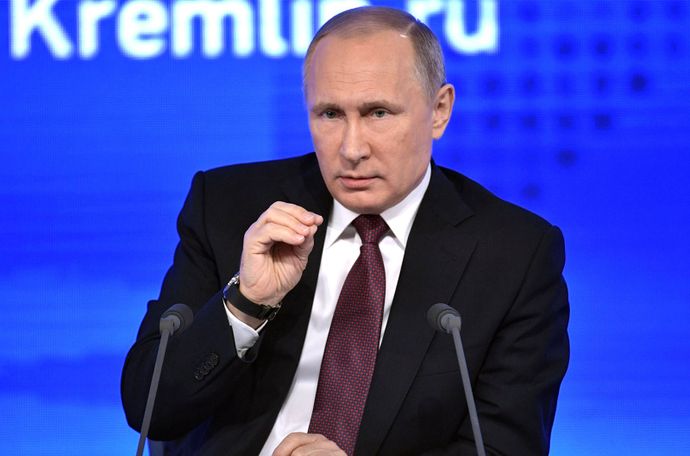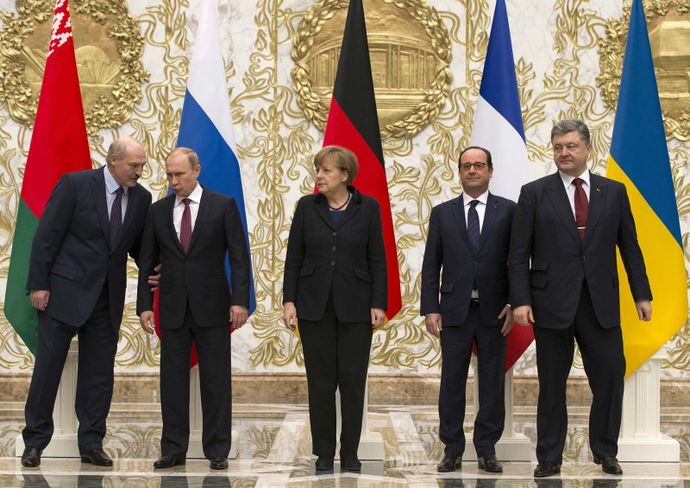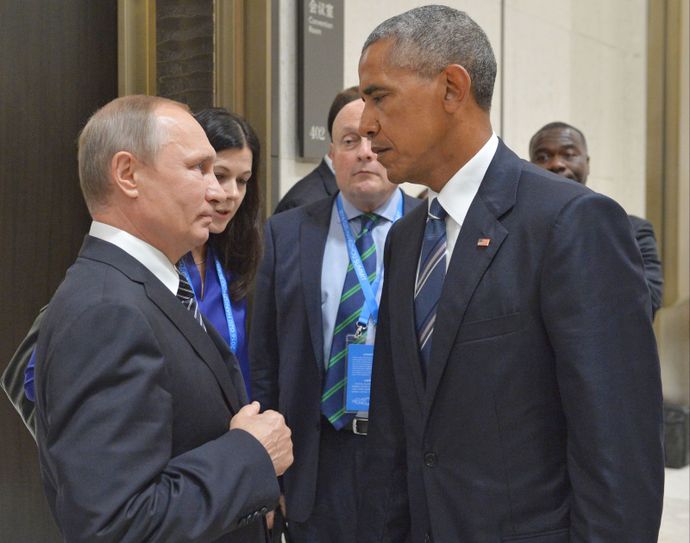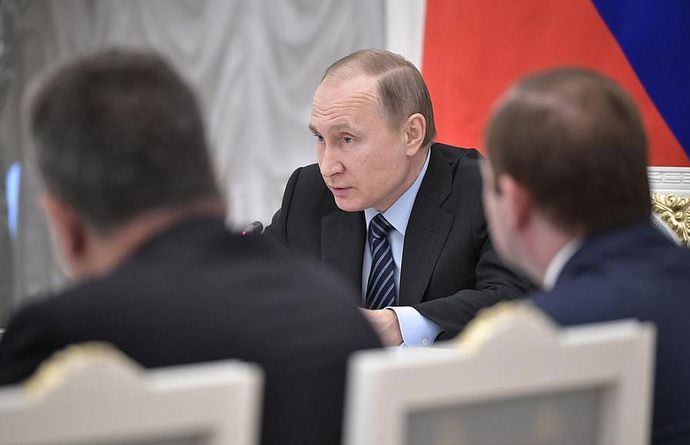Entertainment & Lifestyle
Vladimir Putin President Of Russia Biography | Detailed Biography Of President Putin

Biography Of Vladimir Putin President of Russia | Biography Of President Putin Biography
BrandNewsDay Nigeria has compiled details of Biography Of Vladimir Putin President of Russia – detailed Biography of President Putin Biography.
Vladimir Putin, in full Vladimir Vladimirovich Putin, (born October 7, 1952, Leningrad, Russia, U.S.S.R. [now St. Petersburg, Russia]), Russian intelligence officer and politician who served as president (1999–2008, 2012– ) of Russia and also was the country’s prime minister (1999, 2008–12).
Below is Biography Of President Putin
Early career – Biography Of President Putin
Starting President Putin Biography, Putin studied law at Leningrad State University, where his tutor was Anatoly Sobchak, later one of the leading reform politicians of the perestroika period. Putin served 15 years as a foreign intelligence officer for the KGB (Committee for State Security), including six years in Dresden, East Germany. In 1990 he retired from active KGB service with the rank of lieutenant colonel and returned to Russia to become prorector of Leningrad State University with responsibility for the institution’s external relations. Soon afterwards Putin became an adviser to Sobchak, the first democratically elected mayor of St. Petersburg. He quickly won Sobchak’s confidence and became known for his ability to get things done; by 1994 he had risen to the post of first deputy mayor.
In 1996 Putin moved to Moscow, where he joined the presidential staff as deputy to Pavel Borodin, the Kremlin’s chief administrator. Putin grew close to fellow Leningrader Anatoly Chubais and moved up in administrative positions. In July 1998 Pres. Boris Yeltsin made Putin director of the Federal Security Service (FSB; the KGB’s domestic successor), and shortly thereafter he became secretary of the influential Security Council. Yeltsin, who was searching for an heir to assume his mantle, appointed Putin prime minister in 1999.
The third presidential term of President Putin Biography
Putin’s first year back in office as president was characterized by a largely successful effort to stifle the protest movement. Opposition leaders were jailed, and nongovernmental organizations that received funding from abroad were labelled as “foreign agents.” Tensions with the United States flared in June 2013, when U.S. National Security Agency (NSA) contractor Edward Snowden sought refuge in Russia after revealing the existence of a number of secret NSA programs. Snowden was allowed to remain in Russia on the condition that, in the words of Putin, he stop “bringing harm to our American partners.” After chemical weapons attacks outside Damascus in August 2013, the U.S. made the case for military intervention in the Syrian Civil War. In an editorial published in The New York Times, Putin urged restraint, and U.S. and Russian officials brokered a deal whereby Syria’s chemical weapons supply would be destroyed.
Putin commemorated the 20th anniversary of the adoption of the post-Soviet constitution in December 2013 by ordering the release of some 25,000 individuals from Russian prisons. In a separate move, he granted a pardon to Mikhail Khodorkovsky, the former head of the Yukos oil conglomerate who had been imprisoned for more than a decade on charges that many outside Russia claimed were politically motivated.
The Ukraine conflict and Syrian intervention
In February 2014, when the government of Ukrainian Pres. Viktor Yanukovych was overthrown after months of sustained protests, Yanukovych fled to Russia. Refusing to recognize the interim government in Kyiv as legitimate, Putin requested parliamentary approval to dispatch troops to Ukraine to safeguard Russian interests. By early March 2014 Russian troops and pro-Russian paramilitary groups had effectively taken control of Crimea, a Ukrainian autonomous republic whose population was predominantly ethnic Russian. In a popular referendum held on March 16, residents of the Crimea voted to join Russia, and Western governments introduced a series of travel bans and asset freezes against members of Putin’s inner circle. On March 18 Putin, stating that the Crimea had always been part of Russia, signed a treaty incorporating the peninsula into the Russian Federation. Over subsequent days still more of Putin’s political allies were targeted with economic sanctions by the U.S. and the EU. After ratification of the treaty by both houses of the Russian parliament, on March 21 Putin signed legislation that formalized the Russian annexation of Crimea.
Vladimir Putin President Of Russia Biography | Detailed Biography Of President Putin














